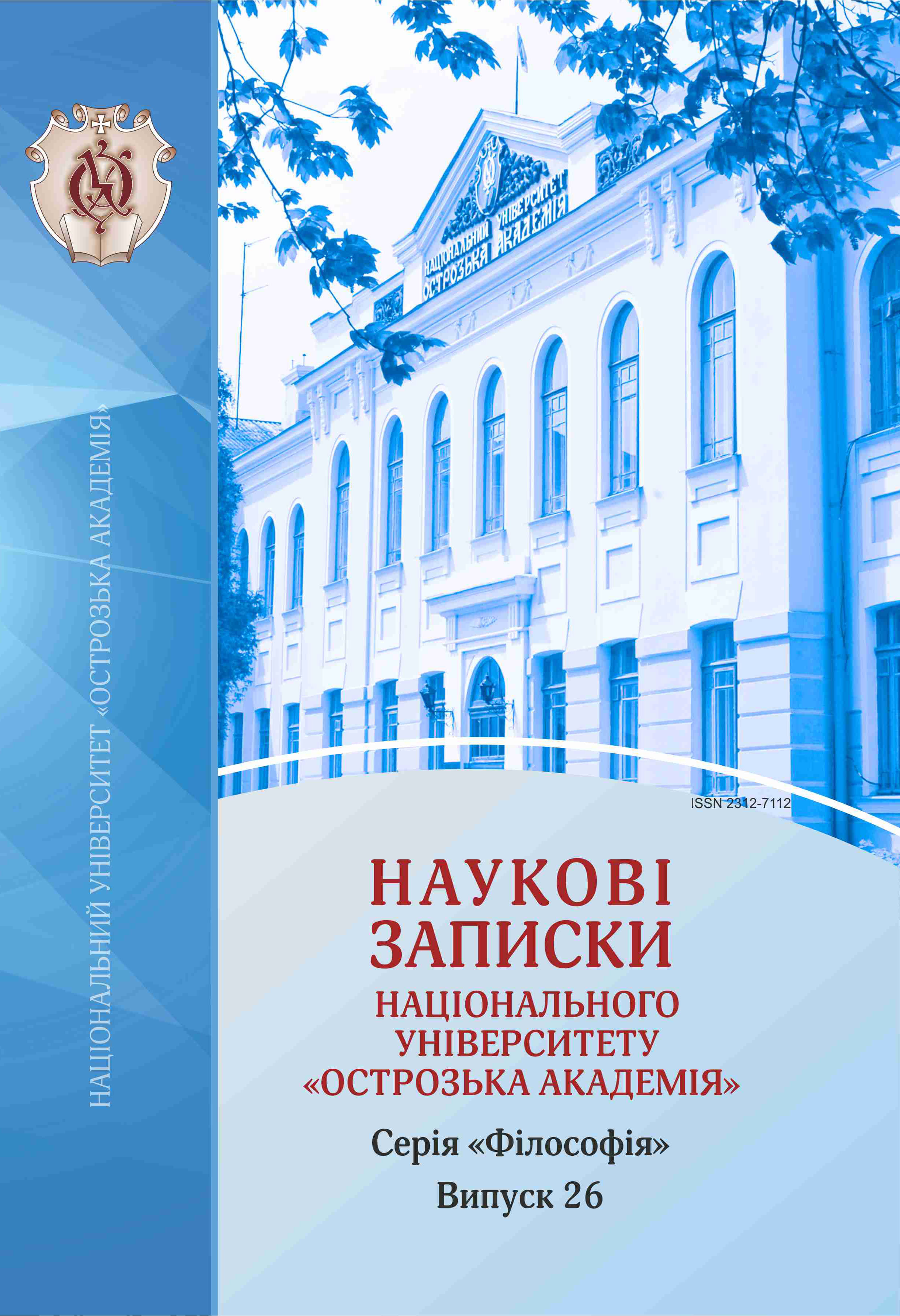CHRISTIAN AND SECULAR UNDERSTANDING OF INDIVIDUALISM IN LIBERAL POLITICAL THOUGHT
Keywords:
individualism, true individualism, rationalistic individualism, liberalism, modern individualism, narcissistic individualism, Anglo-Saxon liberal tradition, continental liberal tradition, ChristianityAbstract
Today, liberal ideology and tradition are often attributed to a state of crisis. This is mainly because liberalism generates some contradictions that go back to its very foundations. The essence of today's challenges is that the very foundations of liberalism require rethinking. Therefore, it is advisable to turn to the fundamental ideas and principles that define this ideology. With this in mind, we will turn to the understanding of individualism and the liberal tradition in this article. The article's authors consider individualism as the dominant worldview of Anglo-Saxon culture and the main concept of the Anglo-Saxon liberal tradition. However, the value component and, in general, the nature of this type of individualism have undergone a radical transformation. The understanding of personal freedom three centuries ago and how it is interpreted in the modern context are sharply different. This is a transition from individualism with obligations and clear boundaries to unlimited individualism without external obligations. This cultural breakdown in the West became noticeable in the middle of the 20th century, and the beginning of the change in attitudes can be traced back to the ideas of French encyclopedists and English utilitarians, who laid the philosophical foundations of the currently dominant form of individualism.
The authors conclude that contemporary culture confirms Hayek's observations about the close connection between collectivism and false individualism. When extreme individualism reigns supreme, there is unprecedented herd mentality. Atomized, seemingly self-sufficient individuals show remarkable unanimity in harassing those who go beyond political correctness. Social media also reflects this apparent paradox, with modern individualistic society immersed in virtual interaction. Perhaps the point is that self-sufficiency is just a cover, hiding the desire for approval and recognition from others that human pride craves. In other words, modern collectivism is a parasitic environment of proud individuals who satisfy their need for self-importance at the expense of others. Secularism, having freed man from the power of God, has made man more dependent on another man. This fact is quite inconvenient for a proud individualist, so he chooses a more pleasant option: to depend on the opinion of an impersonal majority. It will be offensive to the model if another model evaluates her appearance, because the evaluator acts in the superior role of a judge, and this is unacceptably offensive to a narcissistic individualist. But an impersonal assessment of the masses, expressed in likes, is the meaning of life and an indicator of one's own importance.

